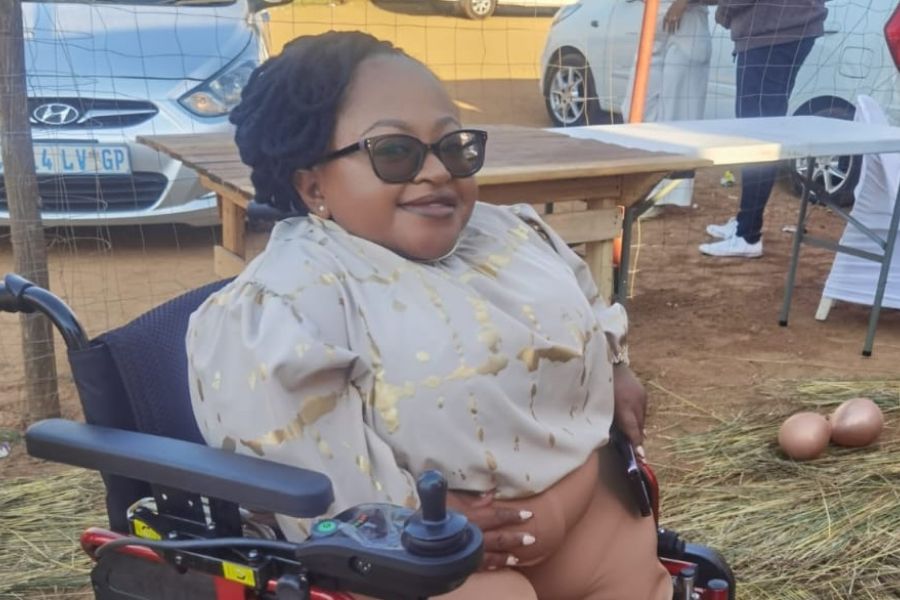As South Africa marks Women’s Month with celebrations of trailblazers and leaders, the voices of women living with disabilities are still too often sidelined. Their stories reveal systemic barriers that block equal participation in the workplace and wider society.
One such voice is that of 27-year-old Lungi Mkwani from Kagiso, near Krugersdorp. Lungi holds a Public Relations (N4) qualification, call centre training, and experience in business and office administration. She also lives with Osteogenesis Imperfecta (brittle bones) — a condition that has proved a constant obstacle in her search for employment.
“Living with a disability as a woman in South Africa is challenging. Most of our cries are rarely heard,” says Lungi.
Despite volunteering at her local police station from 2022 to 2023, she was denied permanent employment, told indirectly that her disability was the reason. “We’re always told, ‘We encourage persons with disabilities to apply,’ but the follow-through never happens,” she adds.
Short-term learnerships or placements through specialist organisations remain the most common routes into work, but these often come with age limits and offer little long-term security. Many workplaces are still physically inaccessible, with steps, inadequate facilities for the blind or deaf, and limited accommodations for different communication needs.
According to Lana Roy, Programme Lead of 360: Disability Inclusion at Afrika Tikkun, women with disabilities face compounded discrimination due to both their gender and their impairment. “There are few opportunities for advancement, and when they do get jobs, they are rarely given leadership roles. Access and safety remain major concerns, from public restrooms to transport, and being taken seriously in male-dominated environments,” she explains.
Roy warns that the social and structural barriers make women with disabilities more vulnerable to exploitation, discrimination, and gender-based violence — not because of their impairments, but because of how society responds to them.
As Women’s Month unfolds, the message is clear: true empowerment will remain incomplete until women with disabilities are given not just a seat at the table, but the resources, access, and respect to participate fully.






